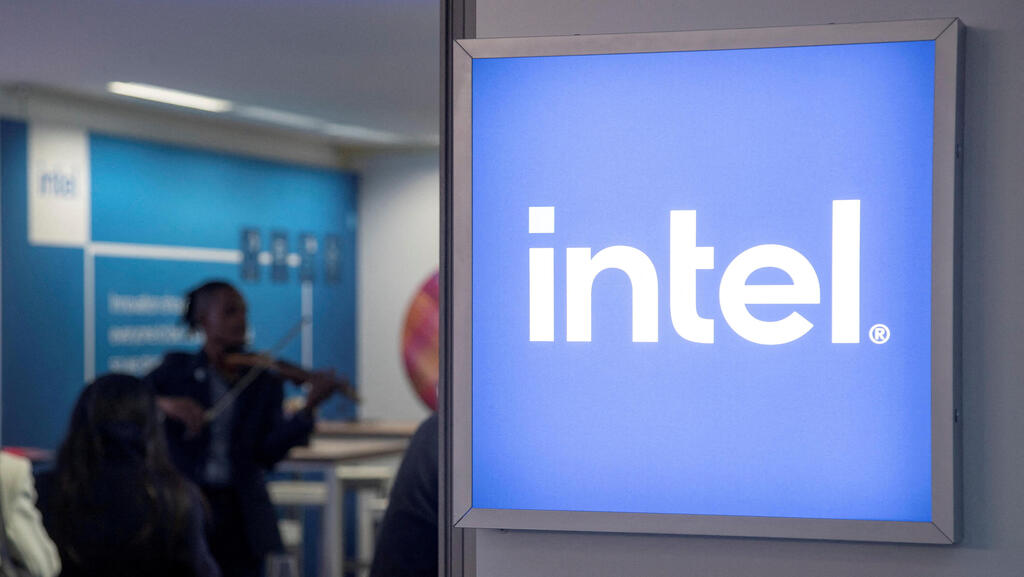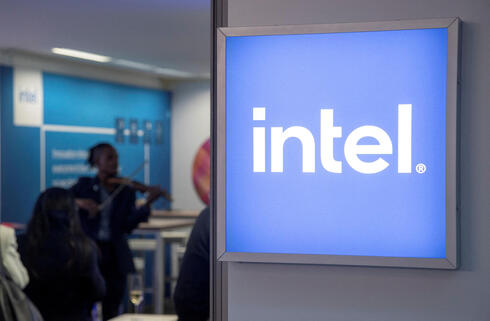
Fab38 freeze: Intel’s big manufacturing bet collides with harsh market reality
The new fab’s fate now hinges on Intel’s turnaround as layoffs shrink its Israeli workforce yet again.
Intel’s sprawling production hub in Kiryat Gat has long symbolized Israel’s ambitions to be at the forefront of global semiconductor manufacturing. But the future of its newest, and still unfinished, addition, Fab38, is now clouded by deepening uncertainty as Intel executes one of its largest-ever rounds of global layoffs and struggles to close the technological gap with Asian rivals.
Intel offloads $900 million in Mobileye shares to ease cash crunch
Intel CEO: "The strength, resilience and resolve of Intel Israel's team has no bounds"
Inside Intel's painful cuts: Who's being let go and why
The current cuts, which began on Monday, are part of a sweeping global effort by Intel to trim between 15% and 20% of its manufacturing workforce as it tries to regain competitiveness in a brutal chip market. In Israel, where Intel employs about 9,350 people, the layoffs are expected to claim many hundreds of jobs. A previous round of layoffs and voluntary retirements last year saw about 1,500 Israeli employees leave the company.
This time, the cuts go deeper. For the first time in many years, they have reached into Intel’s flagship production plant in Kiryat Gat, Fab28, which employs about 3,500 people and produces chips using Intel’s aging 10-nanometer process. About 400 employees there already opted for early retirement last year; now, up to 200 more are losing their jobs as Intel automates its assembly line control room and pushes toward remote operation. In addition to technicians, dozens of middle managers are being cut as part of CEO Lip-Bu Tan’s push for a flatter corporate structure.
While the layoff rate at the fab itself appears lower than the global 15%–20% target, the impact is significant, and has reignited doubts about the fate of Fab38, the gleaming new facility rising next door.
Fab38 was first announced in 2019 as part of a $10 billion investment meant to secure Israel’s place in the next generation of semiconductor manufacturing. In 2023, Intel and the Israeli government unveiled an expanded plan that would add $15 billion more to the project. But those ambitions have since run into financial and strategic headwinds.
Related articles:
Construction began late and never fully caught up. While some infrastructure work continues under existing contracts, sources familiar with the matter say other parts of the project have been frozen or slowed. Plans to install advanced chip production equipment and begin manufacturing are now far from guaranteed, insiders say, dependent on Intel’s financial recovery and looming strategic choices.
Meanwhile, Fab28, despite its legacy 10nm tech, remains a workhorse. Together with Intel’s Arizona plant, it produces a significant share of the company’s chips. For now, it continues to operate at high capacity and is regarded internally as one of Intel’s strongest fabs.
Intel’s investment in Israel remains enormous: at the end of 2024, the company’s plants, property, and equipment in the country were valued at $10.4 billion, nearly 10% of its global footprint. Abandoning Fab38 outright would mean writing off billions already spent. Some within the company believe Intel may yet find an alternative use for the plant, repurposing it for less advanced chip production, chip packaging, or even selling it to another manufacturer. An optimistic scenario sees Intel stabilizing financially and reviving the original plan, completing Fab38 as intended.
For now, the site stands as a physical reminder of Intel’s delicate balancing act: cutting costs and jobs while trying to hold onto a manufacturing edge that has eroded in recent years.
